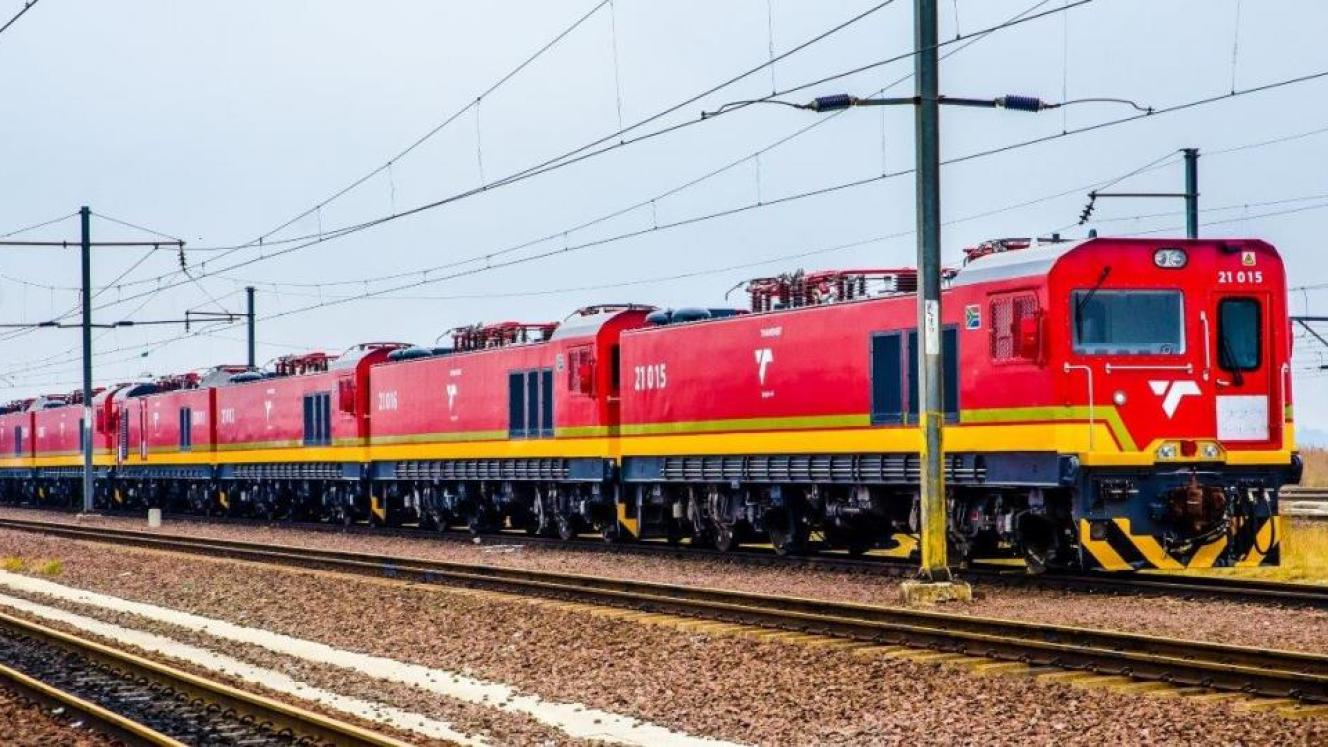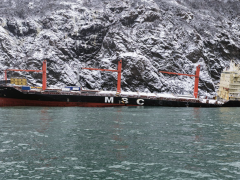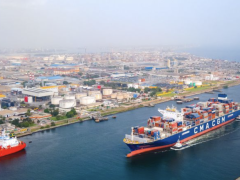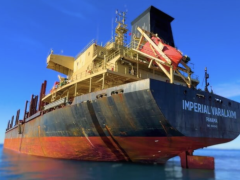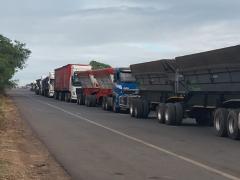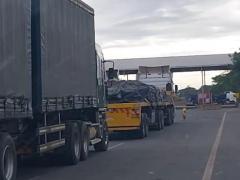The volume of bulk loads lost on South Africa’s rail network due to theft and vandalism has more than tripled over the last five years, an exclusive interview with Transnet Freight Rail (TFR) CEO, Sizakele Mzimela, has revealed.
“For the previous financial year (2019/2020), it means 2.2 million tonnes of freight was lost (…), compared with the 630 000 tonnes five years earlier,” Business Day reports.
In terms of cases, 7000 incidents were reported to the police for the same fin-year period compared to 4000 five years before.
Allan Seccombe writes that in November last year the theft of copper cable peaked when more than 120 kilometres of wire was stolen at a time the commodity was recording rocketing trading prices of US$10 000 per tonne.
Several primary lines have been identified for the high incidence of theft and vandalism: tracks in and out of Pretoria and Johannesburg, the extension of those tracks to the Port of Durban, as well as the coal from Mpumalanga to the Port of Richards Bay and the line from Rustenburg through to the same northern KwaZulu-Natal port.
Seccombe furthermore writes that the nature of bulk rail disruption through crime is both opportunistic and organised.
Whereas random petty incidents have affected rail freight passing through informal settlements, TFR and private sector client data has seen a shift towards syndicated theft of bulk loads.
Major TFR clients such as Kumba Iron Ore, Exxaro Resources, and Tharisa – all three heavy commodity exporters – told Business Day that theft of heavy-haul freight had eroded the country’s ability to optimise high-tonnage movement into key markets.
Without going into much detail, Mzimela said TFR, in conjunction with private sector partners, was collaborating on using technologies and strategies to combat crime.
One of four technologies that will be rolled out over the next few years will be announced before the end of the month.
Importantly, industry involvement and investment in solving the headache of infrastructure compromise due to theft and the added ill of load theft, Mzimela said, would not translate into cost benefits for the private sector.
Theft and vandalism were not only TFR’s problem, she told Seccombe.
“We have been trying to solve a problem that is much larger than Transnet.”
